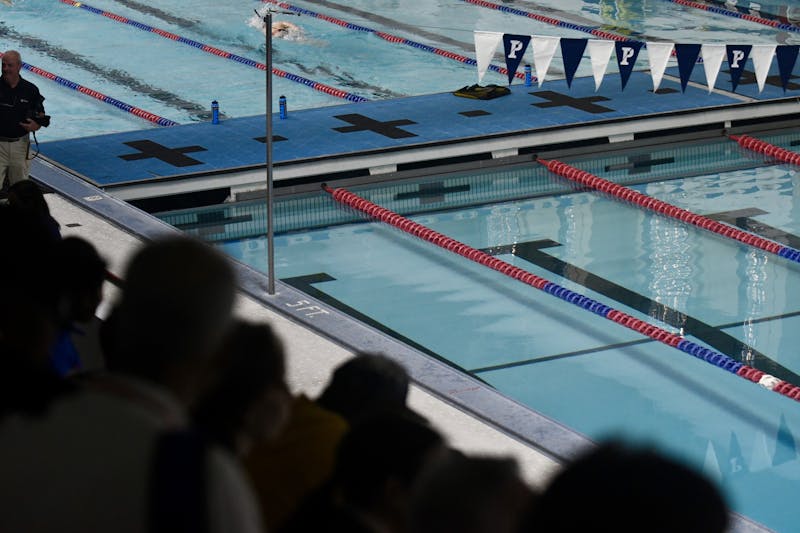
Instead of focusing on the dangerous effects of racism, professor Shaun Harper studied how successful black men resist taking stereotypes to heart in college.
Credit: Pat GoodridgeA recent study by a Penn professor explores how black men achieve success at predominantly white colleges and universities.
Graduate School of Education Professor and Executive Director of the Center for the Study of Race and Equity in Education Shaun Harper’s research focused on how these students resist the internalization of racist stereotypes, rather than just describing the hazardous effects of racism.
“I knew that there could be something learned from those of us who were excelling,” Harper said. “We probably should study those who have actually been successful, which was the whole point of this national study.”
Though his study states that he “conducted interviews with black male achievers at thirty predominantly white colleges and universities,” Harper said that the students in this study prefer to stay away from the term “high-achievers” to describe themselves.
“It’s a cringe word for the participants of my sample,” he said. “They maintain that they are no more gifted or no smarter than their cousins, than their classmates, their brothers.”

Harper said that they instead pride themselves on “being regular guys who managed to do well in school.” He added that these students believe that labeling themselves as high achievers suggests a sense of exceptionalism, which is not how they perceive themselves.
“When I got here, the microaggression and racial things I had to learn to cope with and deal with came as a surprise,” said College sophomore Brenton James. After attending the Eagle Academy for Young Men, an inner city public high school in the Bronx, James’ encounters with racial biases at Penn shocked him.
James recounted a time in which he was at a political group party and other members wanted to see him dance. He also said that at a school with a party culture, “sometimes it was like black men are constantly being turned away, or as they say at Penn: ‘Hey, go take a lap.’”
Harper’s findings indicate that these students were successful in resisting racial stereotypes through campus leadership role and participation in student organizations.
Harper is the faculty advisor of the Penn group, Black Men United. It serves as a space for undergraduate black male students to offer each other support.

James said that Harper, among other mentors, who helped him along the way. “I guess they just kept me on track, and they kept me focused because things like that make you angry,” James said. “But you don’t want to do something that you regret because you are paying $60,000 a year for a top level education, and you don’t throw that away for anything.”
“This happens not because I’m in a room full of malicious students who are looking to segregate me and stuff. It’s because what white privilege does — it blinds you from it,” James said. “So when you ask these questions, they’re not doing this to say, ‘Hey do something stupid.’ They’re doing it because they’re ignorant, nonetheless.”
The Daily Pennsylvanian is an independent, student-run newspaper. Please consider making a donation to support the coverage that shapes the University. Your generosity ensures a future of strong journalism at Penn.
DonatePlease note All comments are eligible for publication in The Daily Pennsylvanian.







